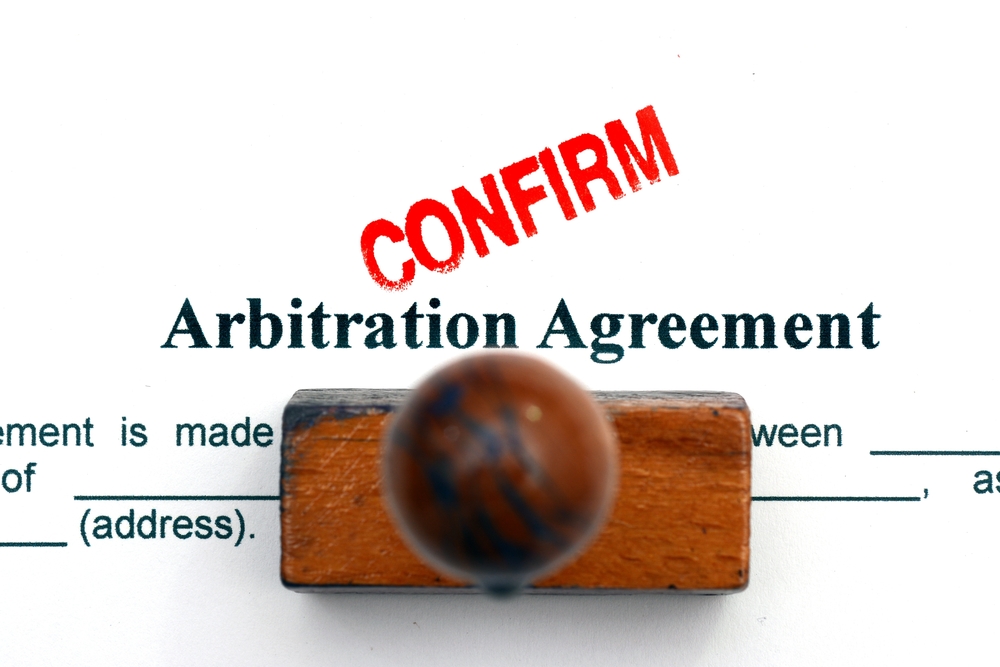Arbitration Provision Involving Non-Florida Entities and a Non-Florida Transaction

It is permissible for non-Florida persons/entities to agree to arbitration in Florida. Such arbitration agreement will be enforceable and Florida courts can enforce the arbitration agreement even if the underlying transaction is conducted outside of Florida.
Section 682.18(1) of Florida’s Arbitration Code provides in material part:
The making of an agreement or provision for arbitration subject to this law and providing for arbitration in this state shall, made within or outside this state, confer jurisdiction on the court to enforce the agreement or provision under this law, to enter judgment on an award duly rendered in an arbitration thereunder and to vacate, modify or correct an award rendered thereunder for such cause in the manner provided in this law.
This was at-issue in the opinion, Ancla International, S.A. v. Tribeca Asset Management, Inc., 44 Fla. L. Weekly D2189a (Fla. 3d DCA 2019), involving two non-Florida entities dealing with an out-of-country transaction. Here, a Columbian company (owned by a Florida resident) entered into an agreement with a Panamanian company. The underlying transaction was to occur in Columbia.
The agreement contained the following arbitration provision:
SEVENTH. APPLICABLE LAW. This agreement will be governed by the laws of the State of Florida of the United States of America (USA), a jurisdiction accepted by the parties irrespective of the fact that the principal activity of the beer project will be conducted in Colombia. The parties agree that, in the event that differences arise between them as a result of or in relation to the present Agreement, they will attempt to resolve their differences via direct negotiation. For this purpose, the parties will have a period of thirty (30) business days, counting from the date on which either of the parties presents a request in this regard. This term may be extended by mutual agreement for additional thirty-day periods. If a solution is not reached within these stipulated periods, the differences will be submitted to an Arbitration Board, whose ruling with carry the force of law.
Although this provision is perhaps not a model of clarity relative to arbitration, the issue was whether the trial court had personal jurisdiction over the defendant to compel the parties to arbitration. The parties agreed that personal jurisdiction stemmed from s. 682.18(1) of Florida’s Arbitration Act. The Third District Court of Appeal held that the trial court had personal jurisdiction over the defendant “[b]ecause the parties accepted the power of Florida courts to enforce the Agreement.” Ancla International, supra. Hence, a Florida court could enforce the parties’ agreement to compel the parties to arbitration even though they are non-Florida entities dealing with a non-Florida transaction.
Please contact David Adelstein at [email protected] or (954) 361-4720 if you have questions or would like more information regarding this article. You can follow David Adelstein on Twitter @DavidAdelstein1.




